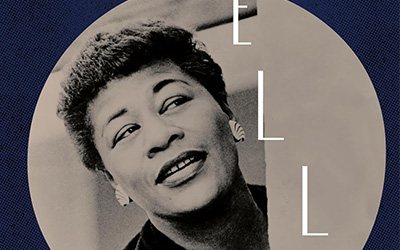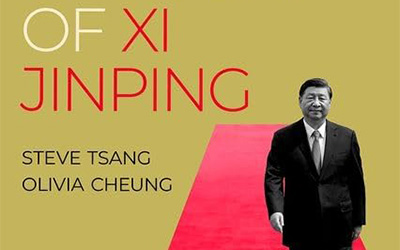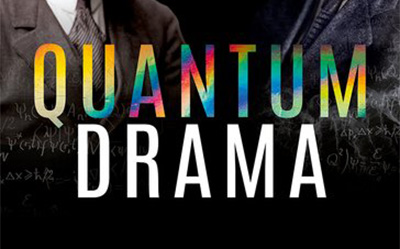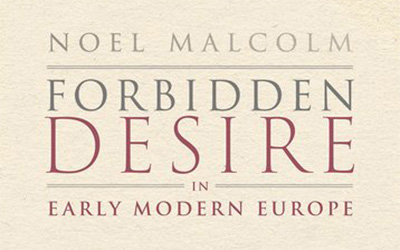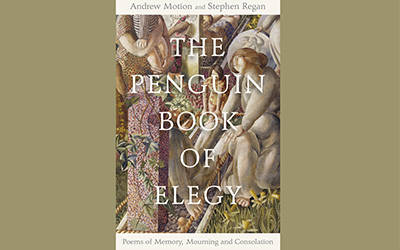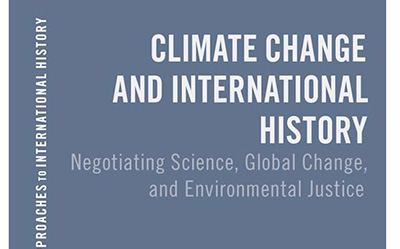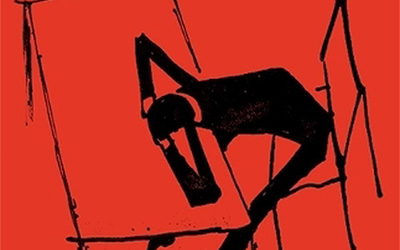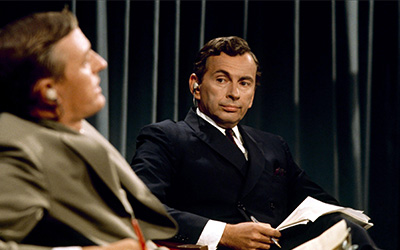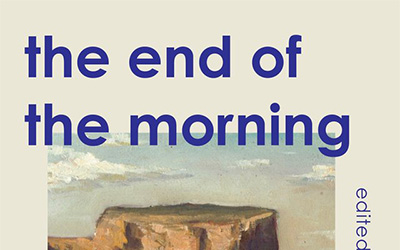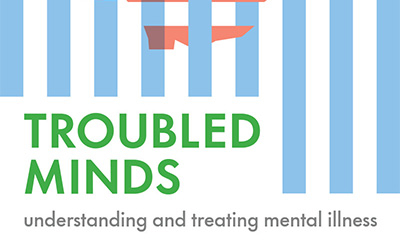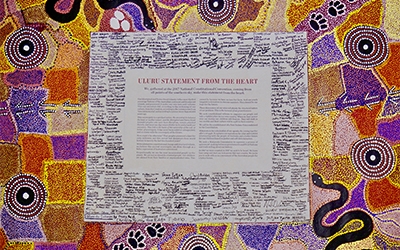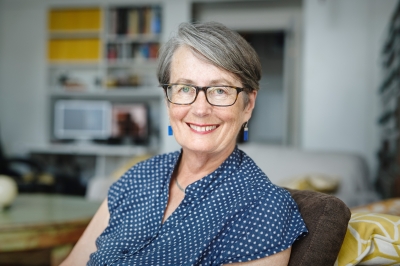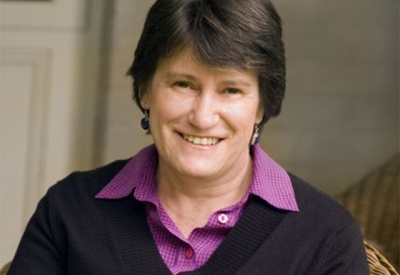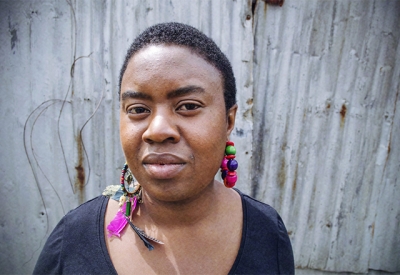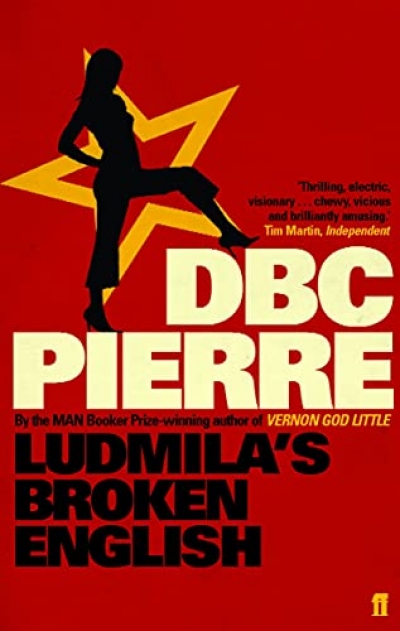Music
Becoming Ella Fitzgerald: The jazz singer who transformed American song by Judith Tick
by Robyn Archer
My one-woman show A Star Is Torn was a sung catalogue of the great women singers who had ‘taught’ me via their recordings. Having assembled a list of twelve, Bessie Smith and Billie Holiday among them, I realised that they had all died young. The original draft also included a bunch of survivors, including Lena Horne and Ella Fitzgerald. My assessment of Ella was based on scant information. When I premièred that show in 1979, she was in her sixties and still touring the world at a phenomenal pace. The rest was largely mythology. Judith Tick’s mammoth biography is authoritative enough to make me believe I now have something much closer to the truth.





